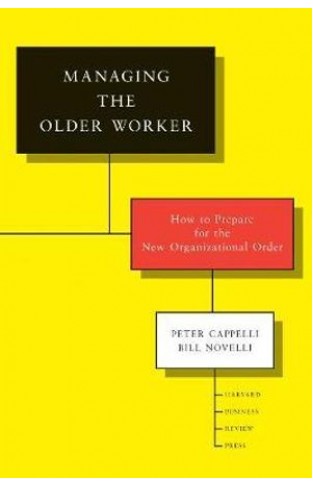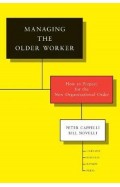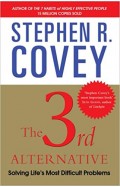- Home
- Harvard Business Review
- Managing the Older Worker: How to Prepare for the New Organizational Order
Managing the Older Worker: How to Prepare for the New Organizational Order
By: Peter Cappelli & Harbir Singh
-
Rs 2,290.75
- Rs 2,695.00
- 15%
You save Rs 404.25.
Due to constant currency fluctuation, prices are subject to change with or without notice.
| Book | |
| What's in the Box? | 1 x Managing the Older Worker: How to Prepare for the New Organizational Order |
Managing the Older Worker: How to Prepare for the New Organizational Order
By: Peter Cappelli & Harbir Singh
Rs 2,290.75 Rs 2,695.00 Ex Tax :Rs 2,290.75
Zubin Mehta: A Musical Journey (An Authorized Biography)
By: VOID - Bakhtiar K. Dadabhoy
Rs 892.50 Rs 1,050.00 Ex Tax :Rs 892.50
The Black Swan The Impact Of The Highly Improbable
By: Nassim Nicholas Taleb
Rs 2,965.50 Rs 3,295.00 Ex Tax :Rs 2,965.50
Inside Apple How Americas Mo Admired And Secretive Company Really Works
By: Adam Lashinsky
Rs 1,147.50 Rs 1,350.00 Ex Tax :Rs 1,147.50
Buyology How Everything We Believe About Why We Buy Is Wrong
By: Martin Lindstrom
Rs 2,695.50 Rs 2,995.00 Ex Tax :Rs 2,695.50
The 3rd Alternative Solving Life s Most Difficult Problems
By: Stephen Covey
Rs 675.75 Rs 795.00 Ex Tax :Rs 675.75
Building Social Business The New Kind Of Capitalism That Serves Humanitys Most Pressing Needs
By: Muhammad Yunus
Rs 400.00 Ex Tax :Rs 400.00
Zubin Mehta: A Musical Journey (An Authorized Biography)
By: VOID - Bakhtiar K. Dadabhoy
Rs 892.50 Rs 1,050.00 Ex Tax :Rs 892.50
Managing the Older Worker: How to Prepare for the New Organizational Order
By: Peter Cappelli & Harbir Singh
Rs 2,290.75 Rs 2,695.00 Ex Tax :Rs 2,290.75














-120x187.jpg?q6)















